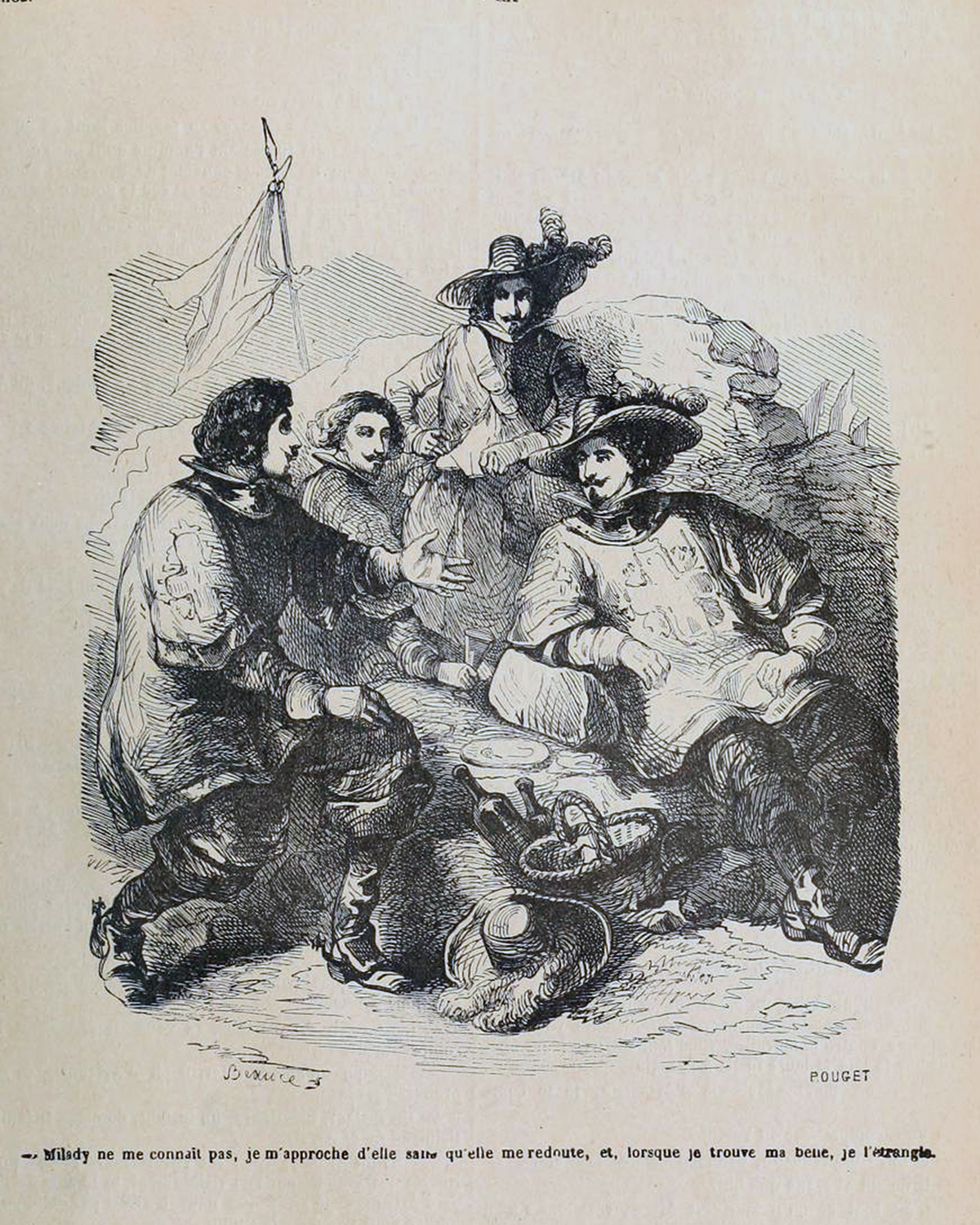 The battlefield déjeuner sur l’herbe in The Three Musketeers set a pattern for sardonic picnic humor. * Dumas and Auguste Maquet (his co-author) add comic relief to the severe Siege of La Rochelle when during a lull in the battle, Athos makes a bet that he,...
The battlefield déjeuner sur l’herbe in The Three Musketeers set a pattern for sardonic picnic humor. * Dumas and Auguste Maquet (his co-author) add comic relief to the severe Siege of La Rochelle when during a lull in the battle, Athos makes a bet that he,...
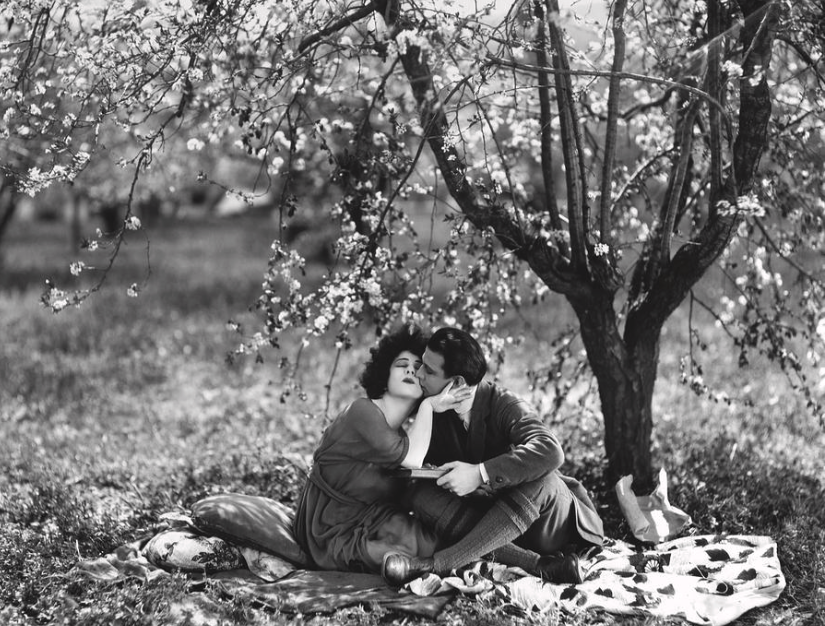 Dumas, fils’s La Dame aux Camélias does not have a picnic episode. But Roy C. Smallwood’s Camille makes a lover’s picnic a set piece.
Dumas, fils’s La Dame aux Camélias does not have a picnic episode. But Roy C. Smallwood’s Camille makes a lover’s picnic a set piece.
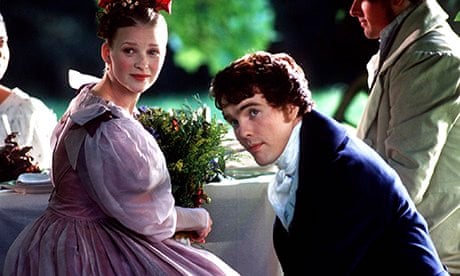 “Blissful” is Dickens’s word to describe Copperfield’s tenderest memories of Dora Spenlow’s picnic birthday party. He’s about nineteen and obsessed, getting up before 6 AM to buy flowers, so they are fresh. The picnic is near...
“Blissful” is Dickens’s word to describe Copperfield’s tenderest memories of Dora Spenlow’s picnic birthday party. He’s about nineteen and obsessed, getting up before 6 AM to buy flowers, so they are fresh. The picnic is near...
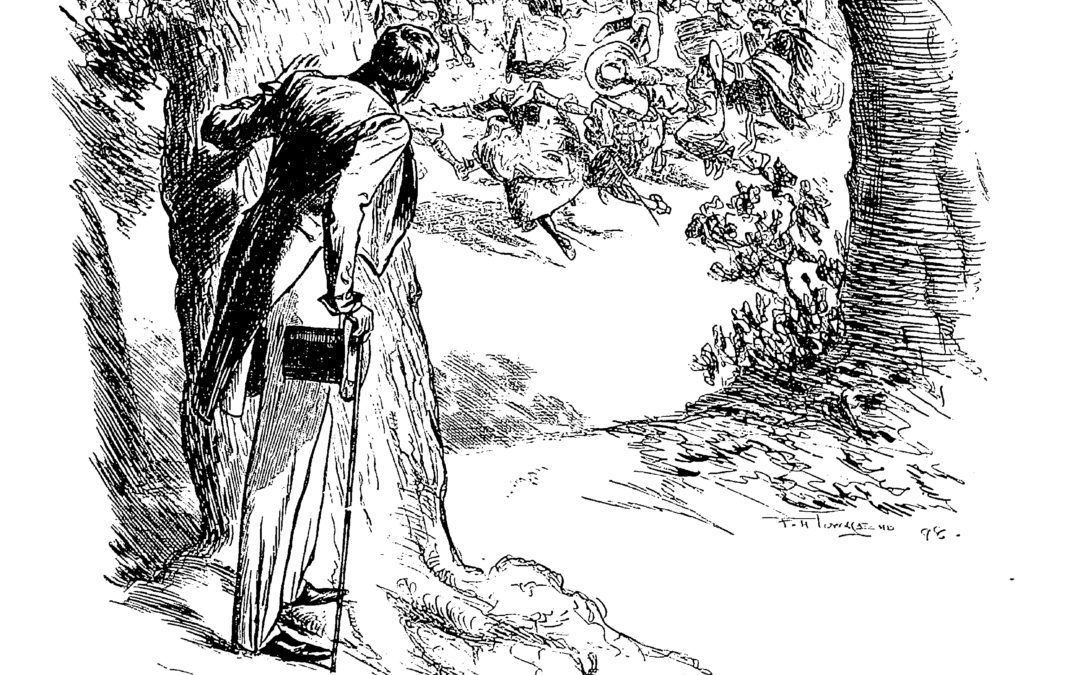 Hawthorne’s memories of Brook Farm were a childish and boisterous masquerade picnic party for a six-year-old boy. Hawthorne refused to participate and “lay under the trees and looked on.” A decade later, Hawthorne refashioned this party an unpleasant...
Hawthorne’s memories of Brook Farm were a childish and boisterous masquerade picnic party for a six-year-old boy. Hawthorne refused to participate and “lay under the trees and looked on.” A decade later, Hawthorne refashioned this party an unpleasant...
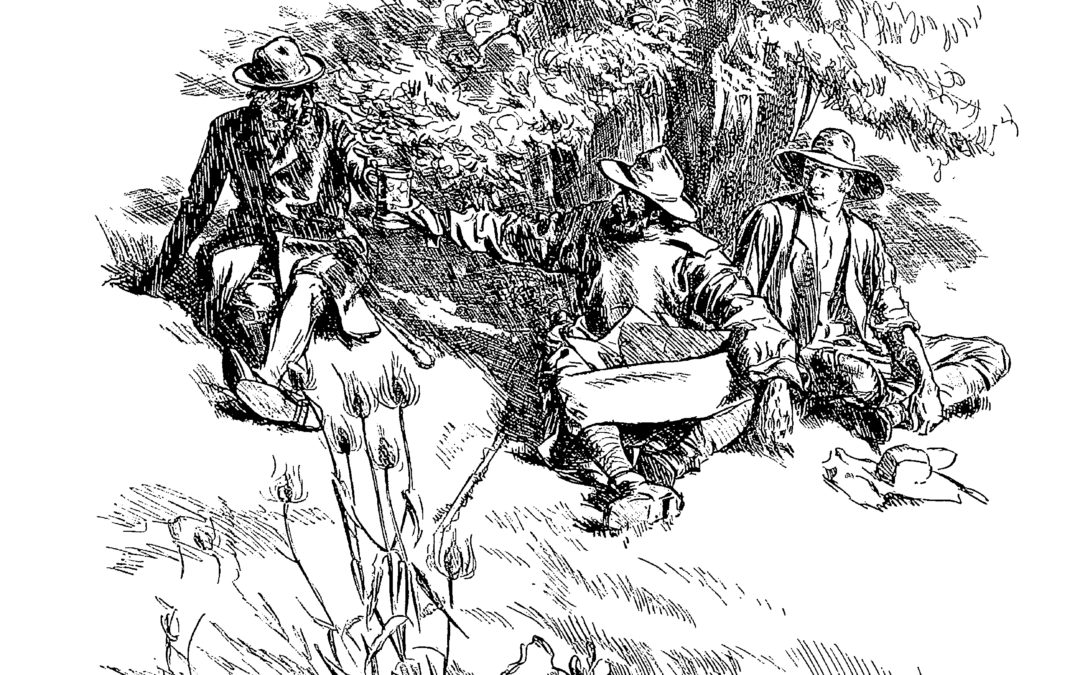 Hawthorne’s The Blithedale Romance is the story of Blithedale. On this communal farm, Mile Coverdale and Charles Hollingsworth vie for Priscilla’s affection, an ethereal waif as she seems to float rather than walk on the ground. One of Frederick...
Hawthorne’s The Blithedale Romance is the story of Blithedale. On this communal farm, Mile Coverdale and Charles Hollingsworth vie for Priscilla’s affection, an ethereal waif as she seems to float rather than walk on the ground. One of Frederick...
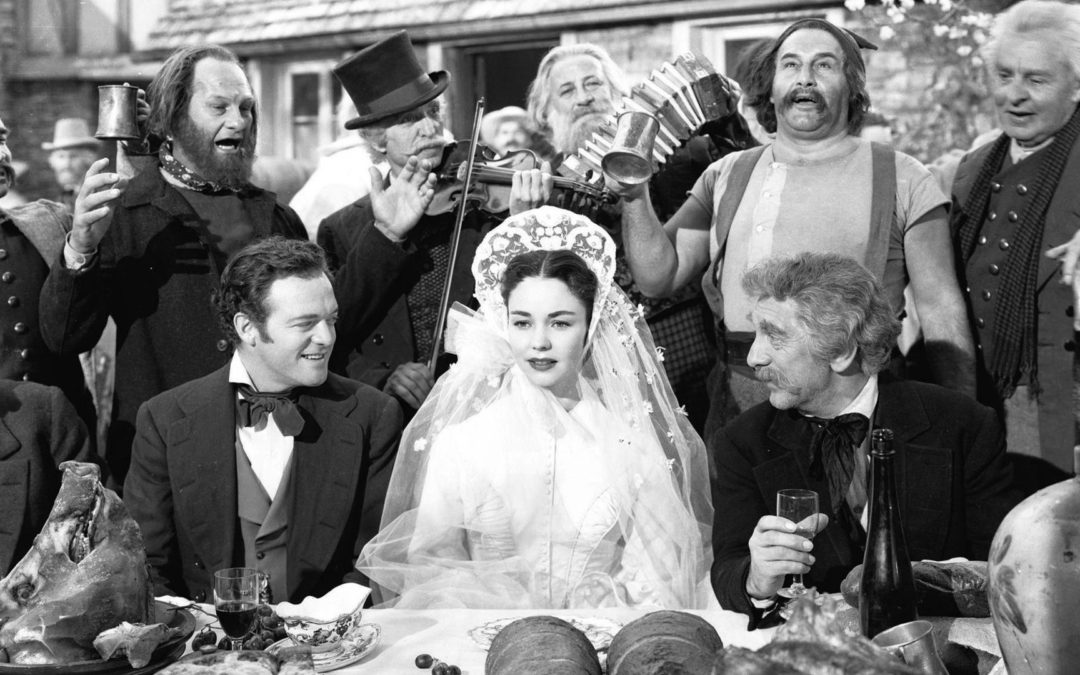 Flaubert’s Madame Bovary is attack on the French bourgeoisie’s crudities and lack of taste. A pivotal moment occurs at Emma Rouault’s wedding party, a vaguely picnicky outdoor event. The party foreshadows Emma’s disastrous relationship with...
Flaubert’s Madame Bovary is attack on the French bourgeoisie’s crudities and lack of taste. A pivotal moment occurs at Emma Rouault’s wedding party, a vaguely picnicky outdoor event. The party foreshadows Emma’s disastrous relationship with...
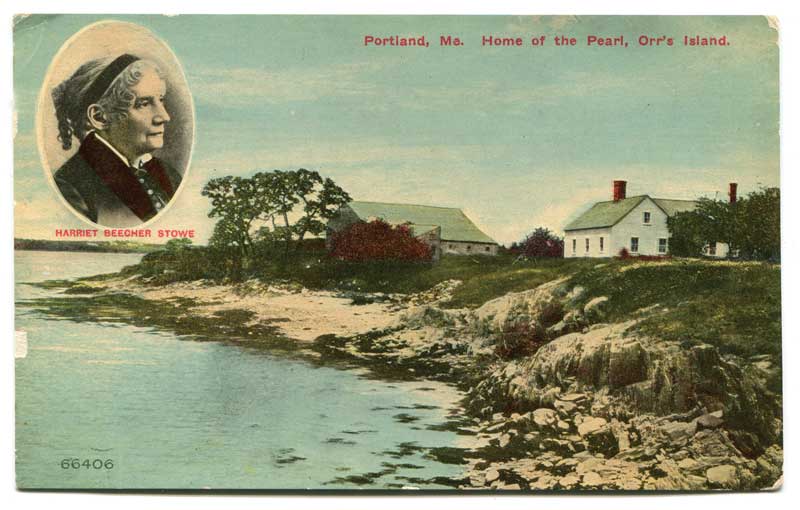 Stowe’s The Pearl of Orr’s Island was published ten years after Uncle Tom’s Cabin (1852) is a story of the people who speak in the vernacular of Maine, on the road to the Kennebec, below the town of Bath. Its basis is Shakespeare’s The Tempest,...
Stowe’s The Pearl of Orr’s Island was published ten years after Uncle Tom’s Cabin (1852) is a story of the people who speak in the vernacular of Maine, on the road to the Kennebec, below the town of Bath. Its basis is Shakespeare’s The Tempest,...
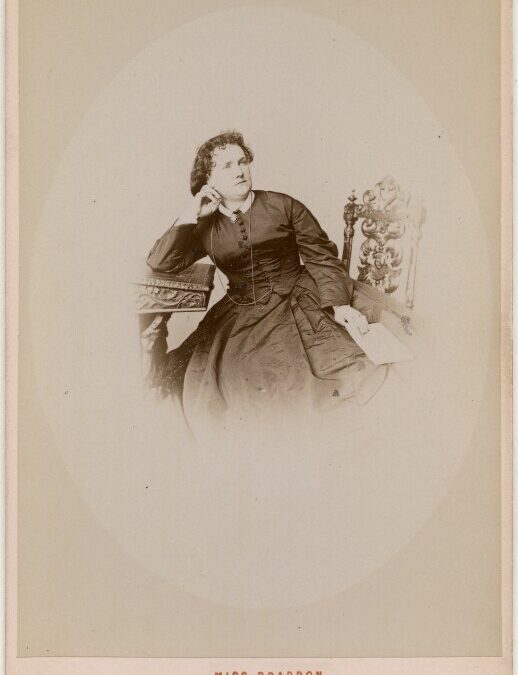 The Doctor’s Wife is Braddon’s free adaptation of Flaubert’s Madame Bovary. Like Emma Bovary, Isabel Gilbert, the doctor’s unhappy wife, looks for romance. Unlike Emma, Isabel is never sexually seduced. She’s sullied but never ruined. There are...
The Doctor’s Wife is Braddon’s free adaptation of Flaubert’s Madame Bovary. Like Emma Bovary, Isabel Gilbert, the doctor’s unhappy wife, looks for romance. Unlike Emma, Isabel is never sexually seduced. She’s sullied but never ruined. There are...
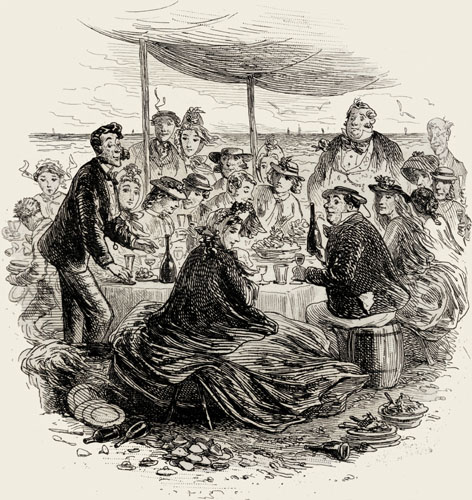 Trollope’s beach picnic in Can You Forgive Her (1864) is highlighted with a stern warning: “Yarmouth is not a happy place for a picnic. A picnic should be held among green things. Green turf is absolutely essential. There should be, if possible, rocks, old...
Trollope’s beach picnic in Can You Forgive Her (1864) is highlighted with a stern warning: “Yarmouth is not a happy place for a picnic. A picnic should be held among green things. Green turf is absolutely essential. There should be, if possible, rocks, old...
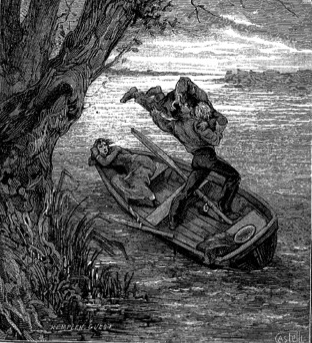 Thérèse Raquin and her lover Laurent Le Claire murder her husband Camille at a picnic. It’s a pivotal episode, proving Zola’s contention that people acting out the “fatalities of their flesh” become brutes humaines. Everything about this picnic...
Thérèse Raquin and her lover Laurent Le Claire murder her husband Camille at a picnic. It’s a pivotal episode, proving Zola’s contention that people acting out the “fatalities of their flesh” become brutes humaines. Everything about this picnic...











